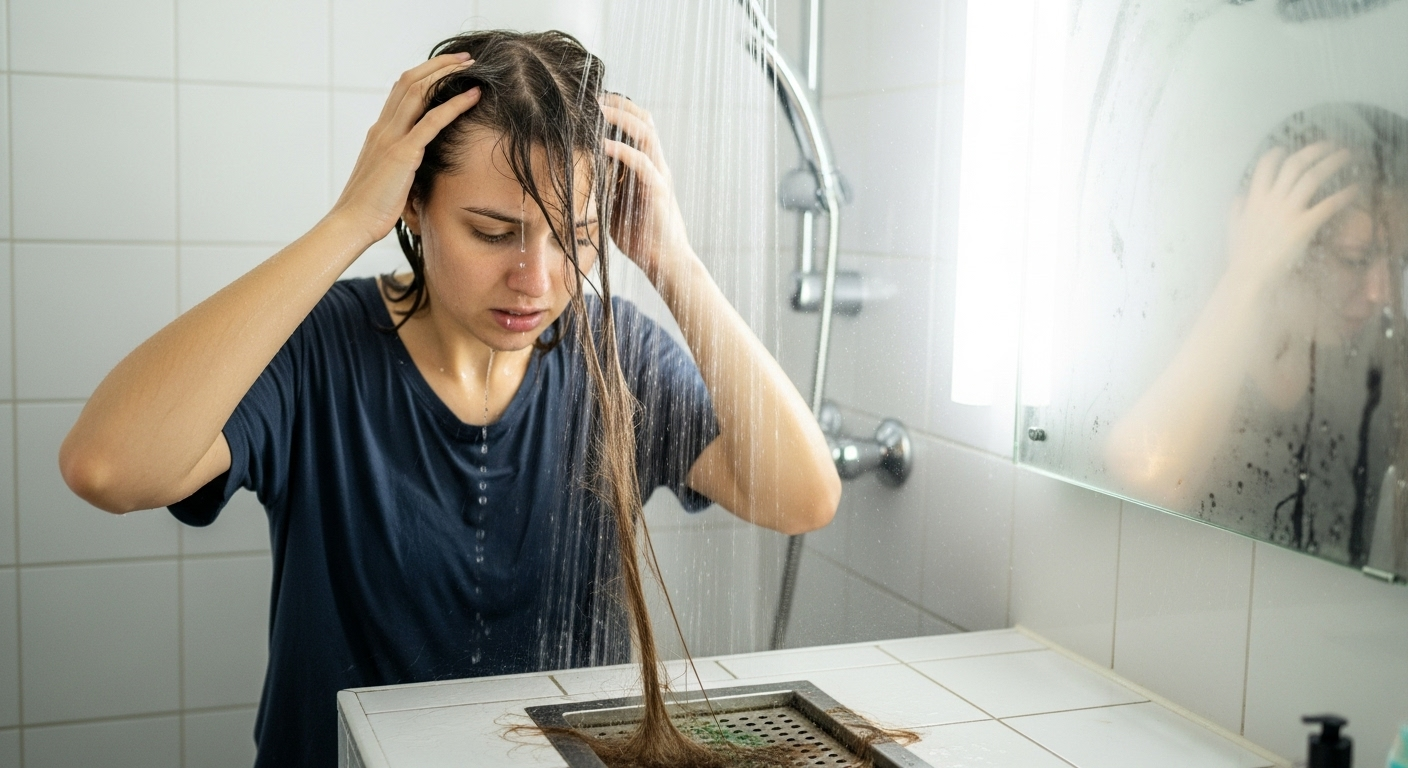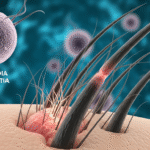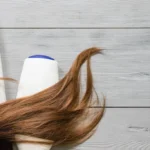If your hair feels dry or starts shedding after swimming, you might be asking: does chlorine lead to hair loss? Chlorine is a powerful chemical used in pools, but its impact on hair is often misunderstood. This guide explores what chlorine does to your hair, whether it causes actual hair loss, and how to protect …
If your hair feels dry or starts shedding after swimming, you might be asking: does chlorine lead to hair loss? Chlorine is a powerful chemical used in pools, but its impact on hair is often misunderstood.
This guide explores what chlorine does to your hair, whether it causes actual hair loss, and how to protect your hair before and after swimming. Backed by expert advice and practical care tips, this article offers everything you need to keep your hair healthy in and out of the water.
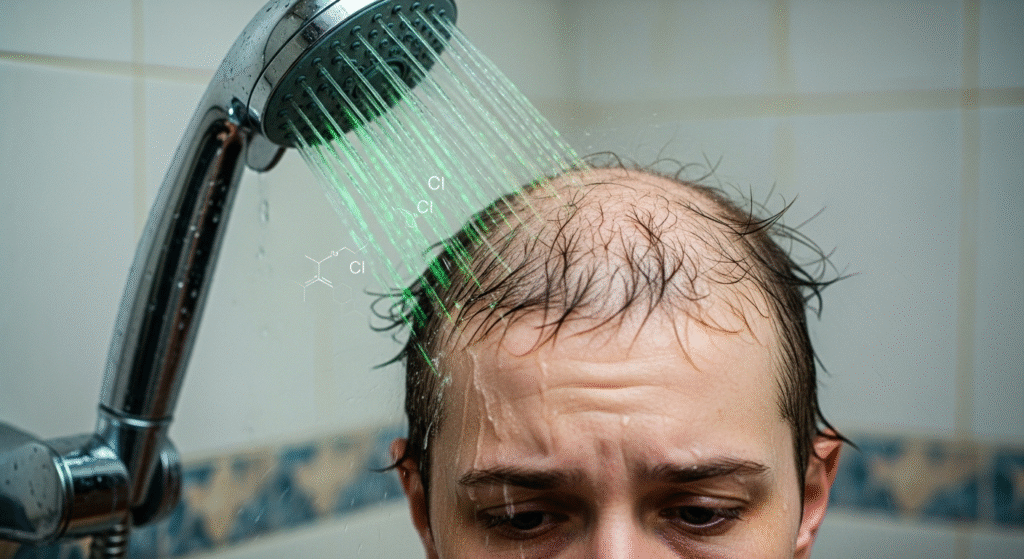
The Basics of Chlorine Exposure
Chlorine is a disinfectant commonly used in swimming pools, drinking water systems, and cleaning agents. It helps kill bacteria and other microbes but can also have harsh effects on your skin and hair.
When it comes to hair, chlorine can:
- Strip natural oils from your scalp and strands
- Alter the hair’s protein structure (keratin)
- Cause dryness, brittleness, and breakage
Prolonged exposure without proper care can make these effects more noticeable.
Does Chlorine Lead to Hair Loss?
The good news is that chlorine doesn’t directly kill hair follicles or cause permanent hair loss. However, repeated exposure can cause significant hair damage, leading to breakage, which might be mistaken for hair loss.
Here’s what happens:
- Chlorine weakens the hair shaft, making it prone to snapping
- It doesn’t cause hair to fall from the root (which defines true hair loss)
- Harsh exposure may irritate the scalp, leading to inflammation or secondary issues that indirectly affect hair growth
Common Hair Issues Linked to Chlorine
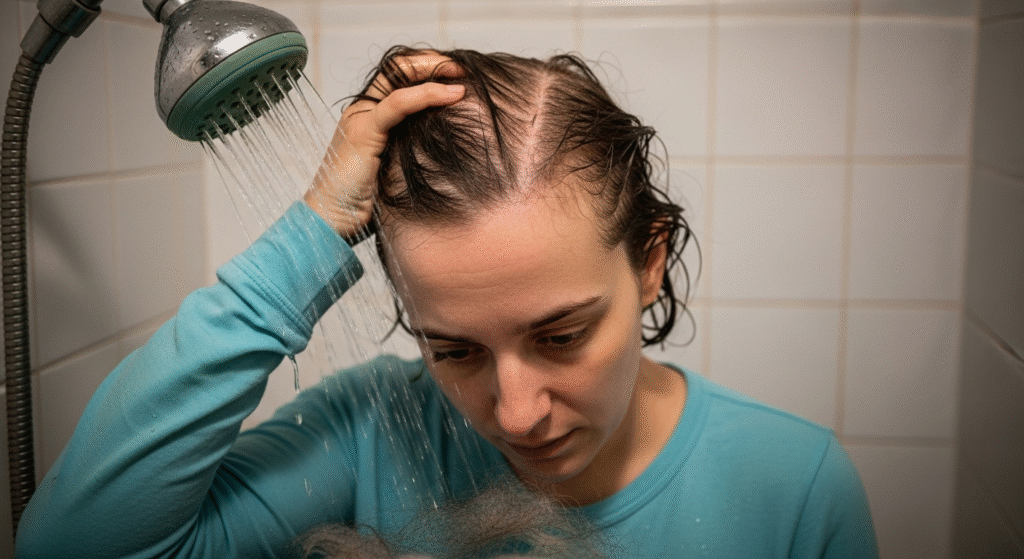
While chlorine may not cause baldness, it does trigger several hair-related issues:
- Dryness and Brittleness: Loss of moisture causes straw-like texture
- Discoloration: Especially in light or bleached hair; sometimes turns green
- Split Ends and Frizz: Damaged cuticles make the hair unmanageable
- Breakage: Hair snaps off mid-length or at the ends, reducing volume
Who is Most at Risk?
Certain groups are more vulnerable to chlorine damage:
- Frequent swimmers or athletes training in pools
- Color-treated or chemically processed hair that is already weakened
- Children and elderly individuals with more delicate scalps and hair
- People with scalp conditions like eczema, dandruff, or psoriasis
Expert Insights on Chlorine and Hair Health
Scientific studies suggest:
- Chlorine degrades lipid layers and denatures proteins in the hair shaft
- Continuous scalp irritation could lead to secondary conditions like telogen effluvium
How to Protect Your Hair from Chlorine
Proactive care is the best way to prevent chlorine-related hair issues. Here’s what you can do:
Before Swimming:
- Wet your hair with clean water to reduce chlorine absorption
- Apply a protective leave-in conditioner or hair oil
- Wear a snug-fitting swim cap
After Swimming:
- Rinse hair immediately with fresh water
- Use a swimmer’s clarifying or chelating shampoo
- Apply deep-conditioning treatments weekly
- Avoid heat styling immediately after swimming
When to Worry: Signs of Chlorine-Induced Hair Problems
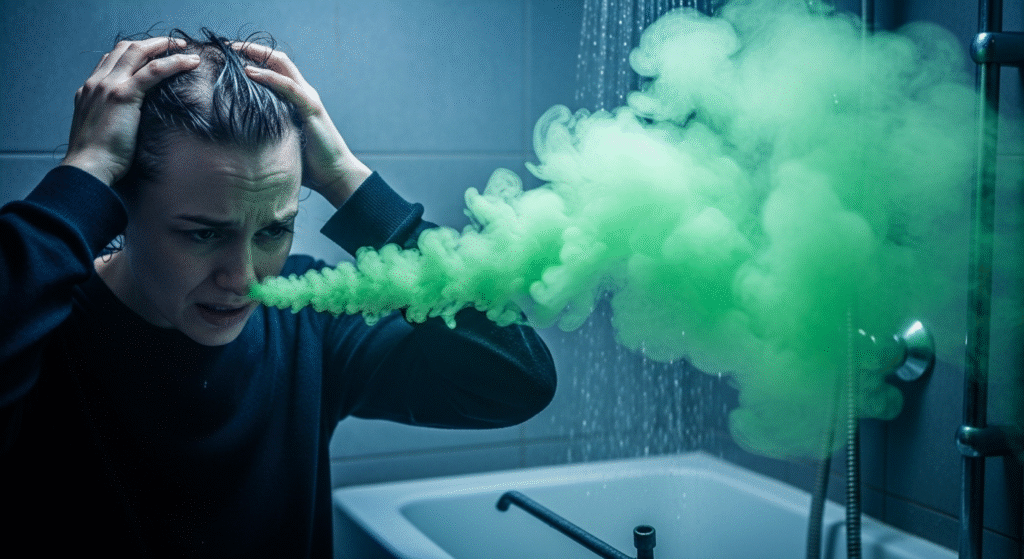
Watch out for these red flags:
- Sudden Increase in Shedding: Especially after pool sessions
- Scalp Redness or Itching: May indicate chemical irritation
- Persistent Dryness and Breakage: Even with post-swim care
- Visible Thinning: Around the hairline or crown
If you experience these symptoms, consult a dermatologist.
FAQs
Does chlorine cause permanent hair loss?
No. Hair affected by chlorine typically suffers breakage, not follicle loss. It’s usually reversible with proper care.
Is green hair from chlorine dangerous?
No, it’s a cosmetic reaction caused by copper and chlorine bonding. It doesn’t indicate damage but can be annoying.
How often should swimmers wash their hair?
After every swim session. Use a gentle, clarifying shampoo to remove chlorine buildup.
Can kids lose hair from pool water exposure?
Not likely. However, their sensitive hair can get dry or brittle if not protected.
Are saltwater pools safer for hair?
Yes, saltwater is generally gentler but still requires post-swim hair care.
Ready To Take Your Next Step
So, does chlorine lead to hair loss? Not in the clinical sense—but it can weaken your strands, dry out your scalp, and increase breakage. The solution lies in prevention and proper care. Swimmers can enjoy the pool without sacrificing hair health if they follow simple protective steps and consult professionals when needed.
Worried about your hair after frequent swimming? Book a consultation with Dr. Uzma Irfan, an ISHRS-certified surgeon, in Islamabad today. Our specialists will assess your hair health and recommend treatments to restore strength, volume, and shine.

